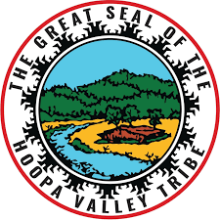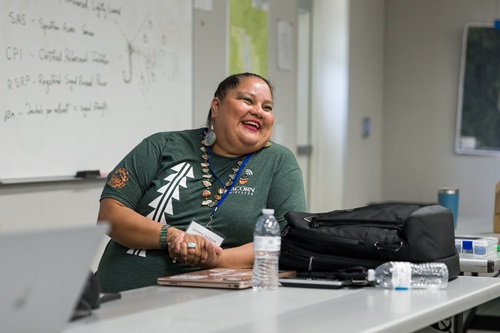Exploring BEAD Blueprints and Tribal Broadband Initiatives - Episode 617 of the Community Broadband Bits Podcast

In this episode of the podcast, Chris is joined by colleagues Ry Marcattilio and Jessica Auer to discuss the latest developments in broadband policy. The team delves into the BEAD (Broadband Equity, Access, and Deployment) program, highlighting recent blueprints that offer insights into low-cost plan requirements for ISPs, state-driven policies, and the challenges of implementing affordable broadband solutions across diverse communities.
Jess shares her work on tribal broadband networks, providing updates on the significant progress made by Native American tribes in establishing and operating their own networks. The conversation also touches on the complexities of rate regulation, the varying approaches states have taken to low-cost plans, and the implications for rural and tribal communities.
Tune in to hear about innovative approaches, including open-access networks, and a growing focus on equitable internet access for underserved communities.
This show is 31 minutes long and can be played on this page or via Apple Podcasts or the tool of your choice using this feed.
Transcript below.
We want your feedback and suggestions for the show-please e-mail us or leave a comment below.
Listen to other episodes or view all episodes in our index. See other podcasts from the Institute for Local Self-Reliance.
Thanks to Arne Huseby for the music. The song is Warm Duck Shuffle and is licensed under a Creative Commons Attribution (3.0) license



